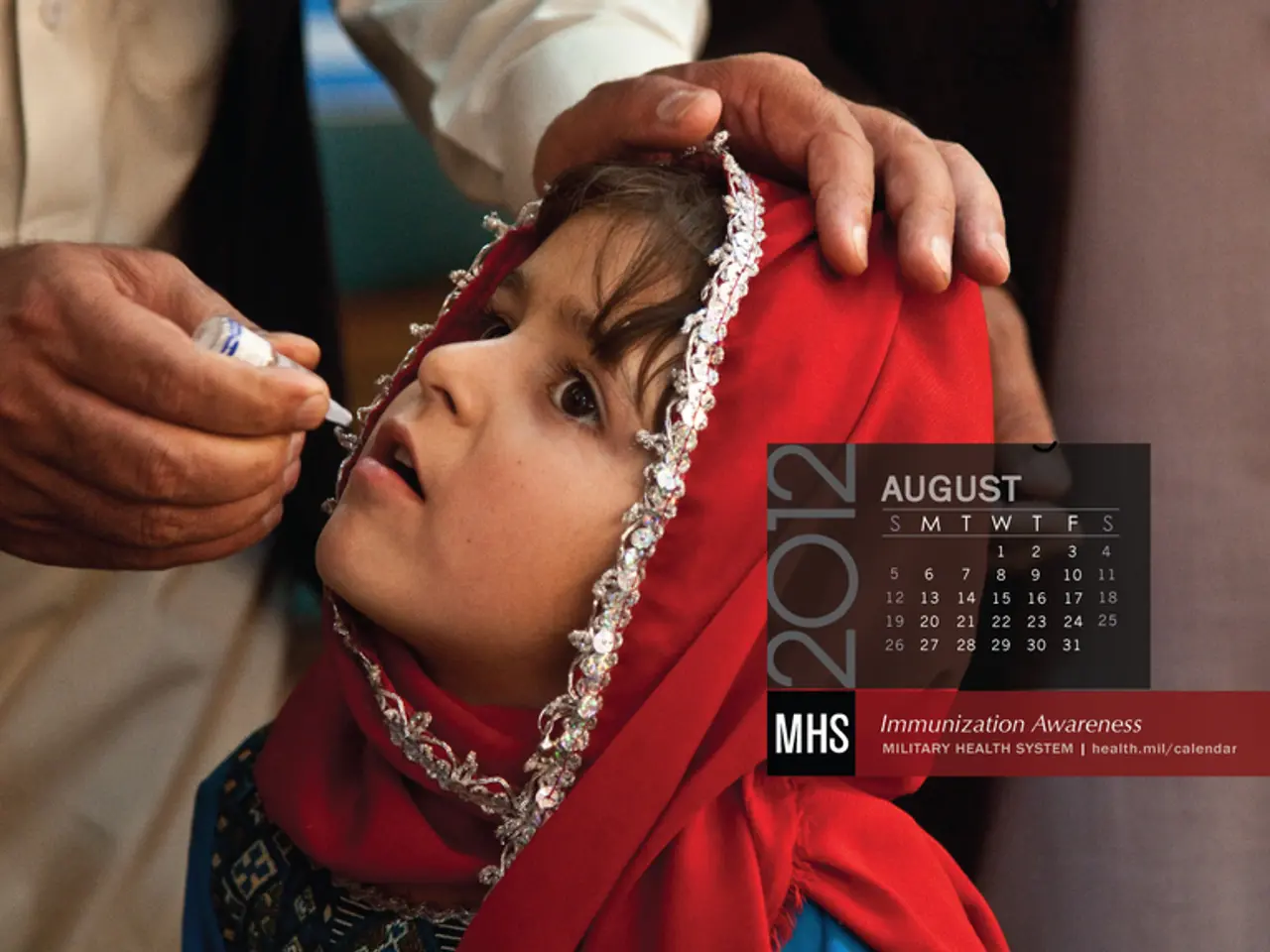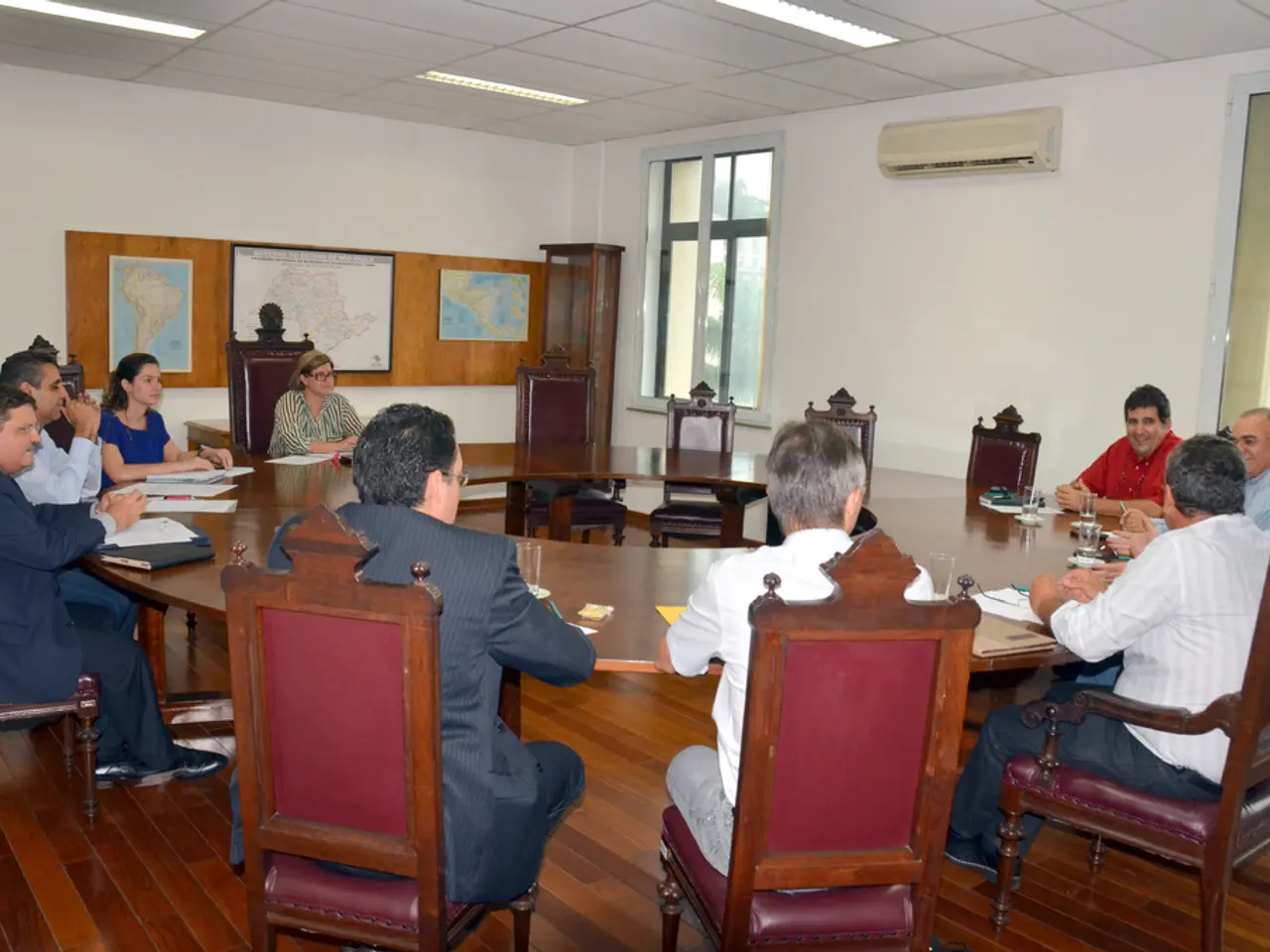The Scientific Community's Real Stance on Vaccine Safety's Authenticity
In a world where misinformation about vaccines can be widespread, it's crucial to shed light on the robust scientific consensus that underpins their safety. This consensus is not a mere narrative, but a result of meticulous evaluation of extensive safety and efficacy data.
The process of establishing this consensus is multi-faceted. Vaccines undergo multiple phases of large-scale clinical trials involving tens of thousands of participants to assess their safety and immune response. After approval, they are continuously monitored through safety surveillance systems like the Vaccine Adverse Event Reporting System (VAERS) in the U.S.
Scientists and regulatory agencies then synthesize evidence from numerous studies globally to evaluate the overall safety profile. Expert advisory committees, such as the Advisory Committee on Immunization Practices (ACIP), review all the evidence to provide recommendations based on scientific data.
Factors considered in this evaluation include the incidence of adverse effects relative to benefits, safety during special conditions like pregnancy, effects on various populations, vaccine ingredients and their safety profiles, and real-world outcomes such as reduction in disease incidence and severity.
In the case of COVID-19 vaccination during pregnancy, multiple studies have shown it to be safe, with no increased risk of miscarriage or preterm birth. Concerns raised by selective studies have been disproven or misinterpreted, as broader scientific literature consistently supports vaccine safety in pregnancy and childhood.
The World Health Organization and national health bodies recommend widespread vaccination based on robust evidence of safety and effectiveness, including against COVID-19 variants. However, recent developments have seen the appointment of individuals with anti-vaccine views to influential committees, leading to policy decisions not fully supported by scientific data. This has sparked alarm among public health experts and associations.
Despite these challenges, the broader scientific and medical community continues to affirm vaccine safety based on extensive evidence. For instance, the Pfizer and Moderna COVID-19 vaccines underwent rigorous clinical trials involving tens of thousands of participants from diverse backgrounds, with no severe adverse reactions reported during the studies.
However, concerns about vaccine safety, such as those raised by Robert F. Kennedy Jr., particularly regarding aluminum adjuvants and their potential cumulative effects, especially on developing brains, are not unfounded. It's essential to address these concerns transparently and with data, ensuring that the scientific community and the public have access to comprehensive safety information.
Transparency and data sharing are crucial for building trust and ensuring that the public remains informed about the safety of vaccines. Emphasizing that 90% of medical scientists agree on vaccine safety has been effective in promoting public support for vaccinations.
In conclusion, the scientific consensus on vaccine safety is determined by meticulous review of comprehensive data assessing benefits versus risks, ongoing surveillance, and expert analysis. This consensus is robust, though it faces political and ideological challenges, it remains supported by overwhelming empirical evidence and public health authority guidance.
- The assessment of vaccine safety, such as the one undergone by COVID-19 vaccines, involves a rigorous process, including large-scale clinical trials, continuous monitoring, evidence synthesis by experts, and considerations of factors like benefits, safety in special conditions, effects on various populations, and vaccine ingredients' safety profiles.
- There are concerns about vaccine safety, particularly regarding the use of aluminum adjuvants, raised by individuals like Robert F. Kennedy Jr. It is crucial to address these concerns transparently, sharing comprehensive safety information, to maintain public trust and support for vaccinations, as supported by 90% of medical scientists.




